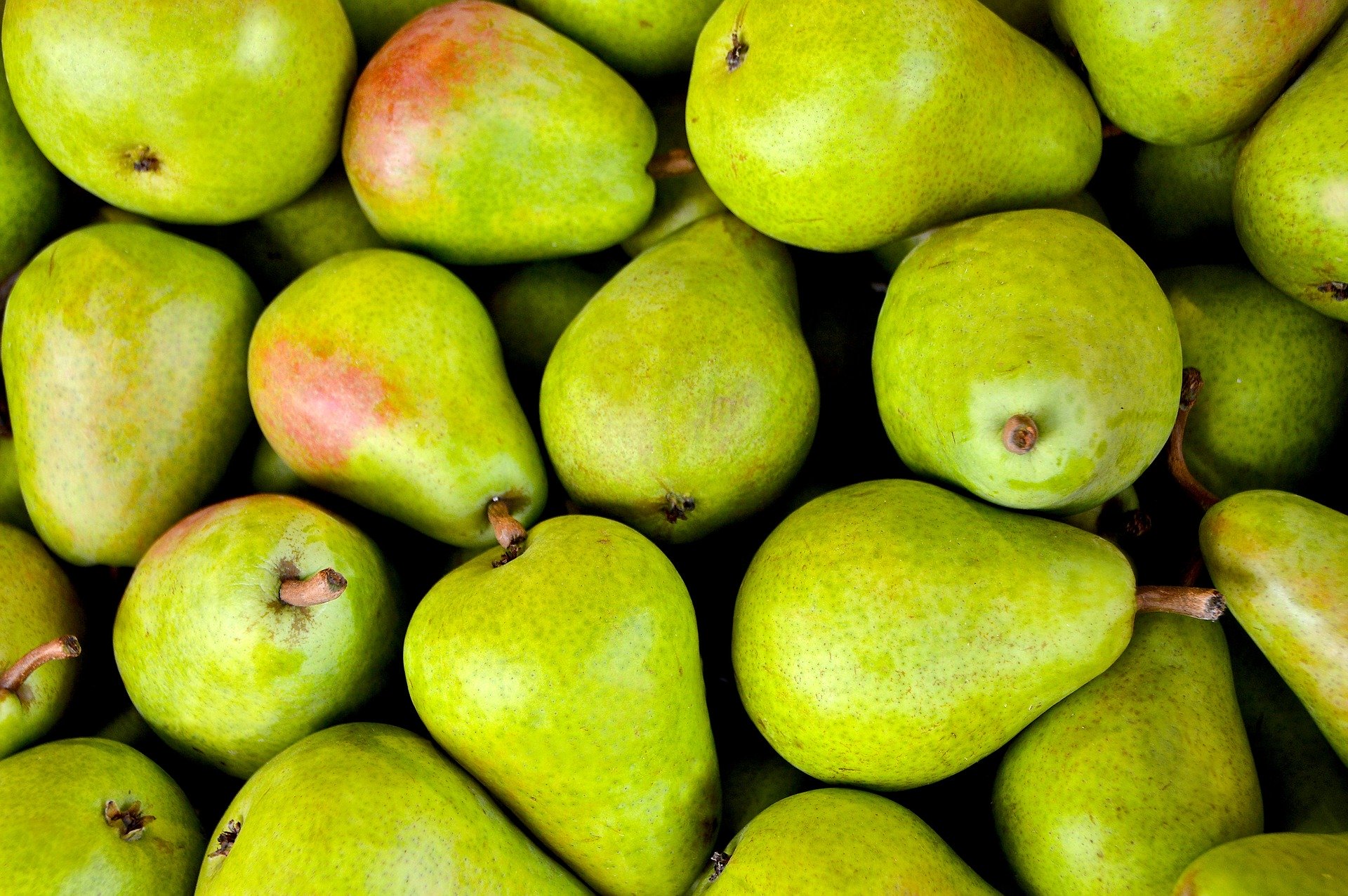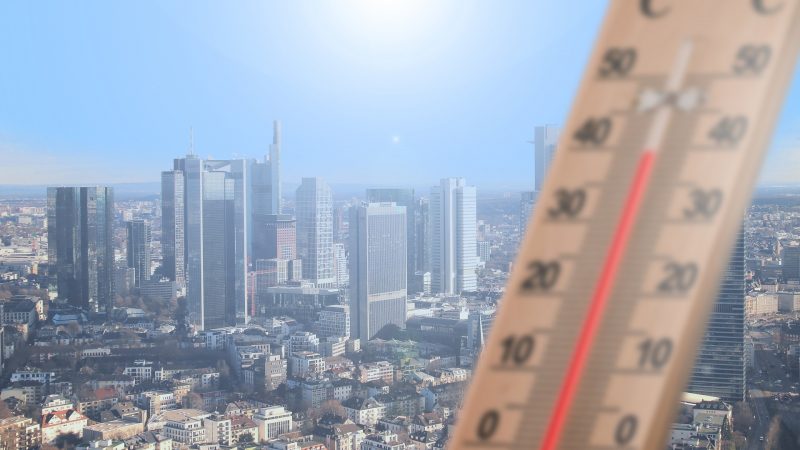Do you want to be sustainable? Don’t waste food 2 min read

There are a lot of sustainability actions and behaviors that can help the environment: avoid leaving the electronic devices on standby for a prolonged period of time, reduce water consumption, use energy-saving lightbulbs, leave laptops on sleep mode. Another simple example: smartphones on average need two hours to charge, but a lot of people leave them on charge overnight, wasting electricity in the process.
Have you ever thought about your food habits? The quality and quantity of food can have a significant impact on the environment.
According to FAO, roughly one-third of the food produced in the world for human consumption every year – approximately 1.3 billion tonnes – gets lost or wasted.
In detail, food loss is the decrease resulting from decisions and actions by food suppliers in the chain (excluding retailers, food service providers, and consumers). Instead, food waste refers to the decrease resulting from decisions and actions by retailers, food service providers, and consumers.
Food is wasted in many ways:
- fresh production that deviates from what is considered optimal. For example, what deviates in terms of shape, size and color is often removed from the supply chain during sorting operations;
- foods that are close to, at or beyond the “best-before” date are often discarded by retailers and consumers;
- large quantities of wholesome edible food are often unused or leftover and discarded from household kitchens and eating establishments.
Less food loss and waste would lead to more efficient land use and better water resource management with positive impacts on climate change and livelihoods.
Reducing food loss and waste is critical to creating a zero hunger world and reaching the world’s Sustainable Development Goals (SDGs), especially SDG 2 (end hunger) and SDG 12 (ensure sustainable consumption and production patterns).






